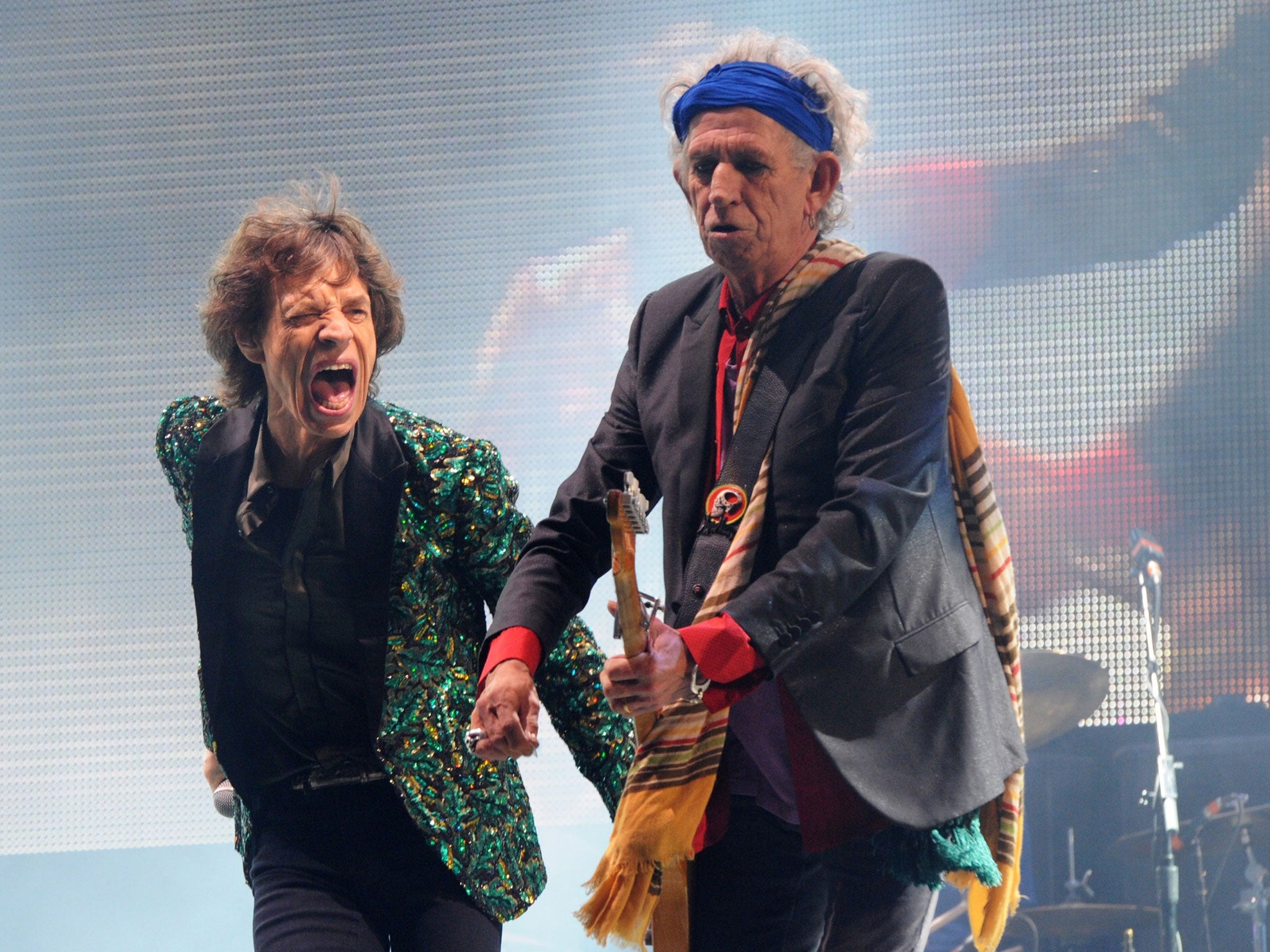Not going to Glasto is a rite of passage too
The festival is merely a version of historical re-enactment. It's not alive

“John Humphrys is explaining Glastonbury to Middle England”, said the tweet on Saturday morning. There was something odd about that sentence, and it wasn’t the image of the least rock’n’roll man in Britain elbowing his way towards the mosh-pit. It was the idea that Middle England needed to have Glastonbury explained to it. After all, Middle England has Glastonbury in its bones these days. It’s a part of life. Young couples in the park are smiling upon their toddlers in the sandpit and thinking, “Can’t wait to take her to her first festival”.
Being a devout believer that rock’n’roll should have a roof on it, I have never been to Glastonbury. I have none the less watched it grow over the past 20 years into as inescapable a feature of British life as the Young Conservatives and the Gang Show were when I was a child, and every bit as conventional. Anything less alternative than Glastonbury would be hard to imagine. Instead we live in a culture of display and young people want to go to “Glasto” like they want to go to the similarly abbreviated “uni” – less because they feel they might benefit from the experience and more because they fear that it won’t look right if they don’t.
Its growing popularity has been boosted by an explosion in media united in their eagerness to get the slightest piece of it. The difficulty of obtaining Glastonbury tickets, even for those accustomed to being waved past the red rope at hot-ticket events, has helped. Everybody wants to make sure they can go back next year so the media keep the log rolling. Their enthusiasm sells papers, pushes ratings and drives clicks. Social media has provided afterburners. The people on the inside can be relied upon to enthuse about “the vibe”. The people on the outside can equally be relied upon to mutter darkly about what saps they all look. Neither side pays much attention to the other. It’s a very English win-win.
How did this happen? Television. Live Aid was the television spectacular that changed outdoor gig-going from something for the intrepid to something your neighbours do. Nobody’s put off by the sums of money involved, nor by the fact that most festivals’ headliners were past their best many decades ago. The audience enters a pact with the act. In exchange for pretending that you’re not listening to a load of old rope you go home with the feeling that you’ve really been witness to – and here I quote a particularly blush-making BBC pronouncement on last Saturday’s appearance of the Rolling Stones at Glastonbury – “music history being made”. In fact, nobody was paying much attention when that history was actually being made, mostly in clubs and small halls across the United States and in the UK. Anything on this scale is more like historical re-enactment, another thing Middle England understands.
Join our commenting forum
Join thought-provoking conversations, follow other Independent readers and see their replies
Comments